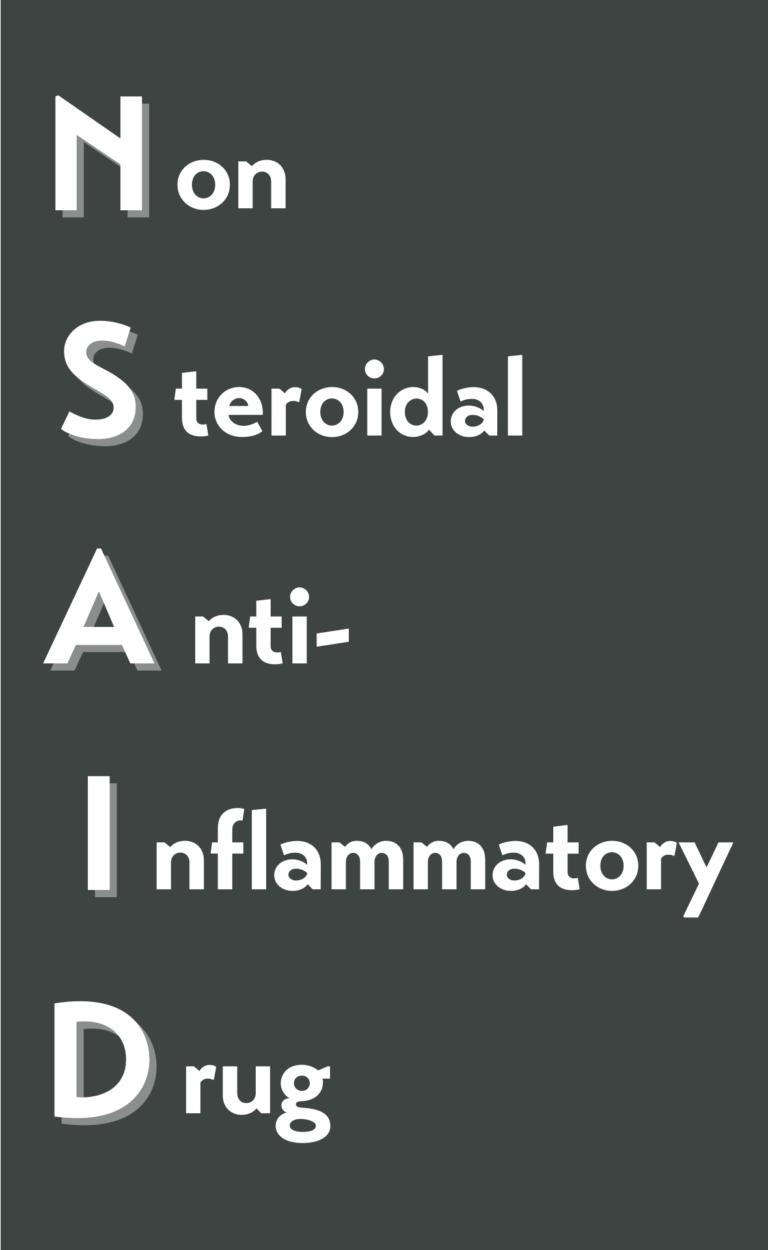What Makes Interventional Pain Management Different?
March 11, 2022
Author: Jonathan Lam, PA-C
Pain management is often a multifaceted endeavor that requires multiple disciplines to address each patient’s individual pain. There are multiple subspecialties within pain management including but not limited to acute pain management in hospital-based settings, end of life pain management, pain medication management, and interventional pain management.
What is the difference between the different types of pain management?
This is one of the most asked questions by patients seeking treatment at pain clinics.
For many people, interventional pain management is a new concept that is becoming more increasingly offered for chronic and acute pain management. However, there is a big difference between interventional pain management and traditional medication management.
Pain medication management can be performed by pain specialists, as well as primary care providers or even surgeons. This often involves the use of NSAIDs (Non Steroidal Anti-Inflammatory Drugs), muscle relaxers, steroids, and opioids. As with everything in medicine, taking chronic pain medications does come with risks in addition to the benefits, especially when it comes to opioid medications.
So, just why can opioids be so dangerous?
Opioids are powerful pain medications derived from opium plants had been in use for thousands of years¹. When these medications came into mainstream medicine, these were originally used to treat acute pain, especially in wounded soldiers². However, in more recent decades, opioid use has significantly increased, with many patients using these medications to treat chronic pain. Unfortunately, opioids can come with a plethora of side effects including decreased breathing, addiction, and even death.

So, when should someone consider interventional Pain procedures?
Traditional pain management includes medications, cold and heat therapies, chiropractic, massage, acupuncture, and other conservative treatment methods. However, when these conservative treatments are no longer effective, interventional pain procedures often provide longer lasting pain relief with less side effects. The majority of these procedures are done using image guidance (i.e. ultrasound, or fluoroscopy) and can include procedures such as injections, radiofrequency ablations, nerve blocks, and neuromodulation.
Interventional pain management is designed to help patient’s return to daily activities more quickly with decreased reliance on potentially addictive medications.
At Genesis Medicine, we offer a wide range of interventional pain procedures. All of our procedures are considered outpatient, low risk, minimally invasive procedures, which make them a good stepping stone for treating patients’ pains before considering surgery.
So, what now?
If you, or someone you know, is suffering from pain, there are treatments that can help.
A best place to start is to simply have an initial conversation with your doctor to see what options might be best for you. If you’re interested in meeting with one of the Interventional Pain specialists here at Genesis Medicine, you can request an appointment today and be seen within 1 week to start finding some answers to your pain!




